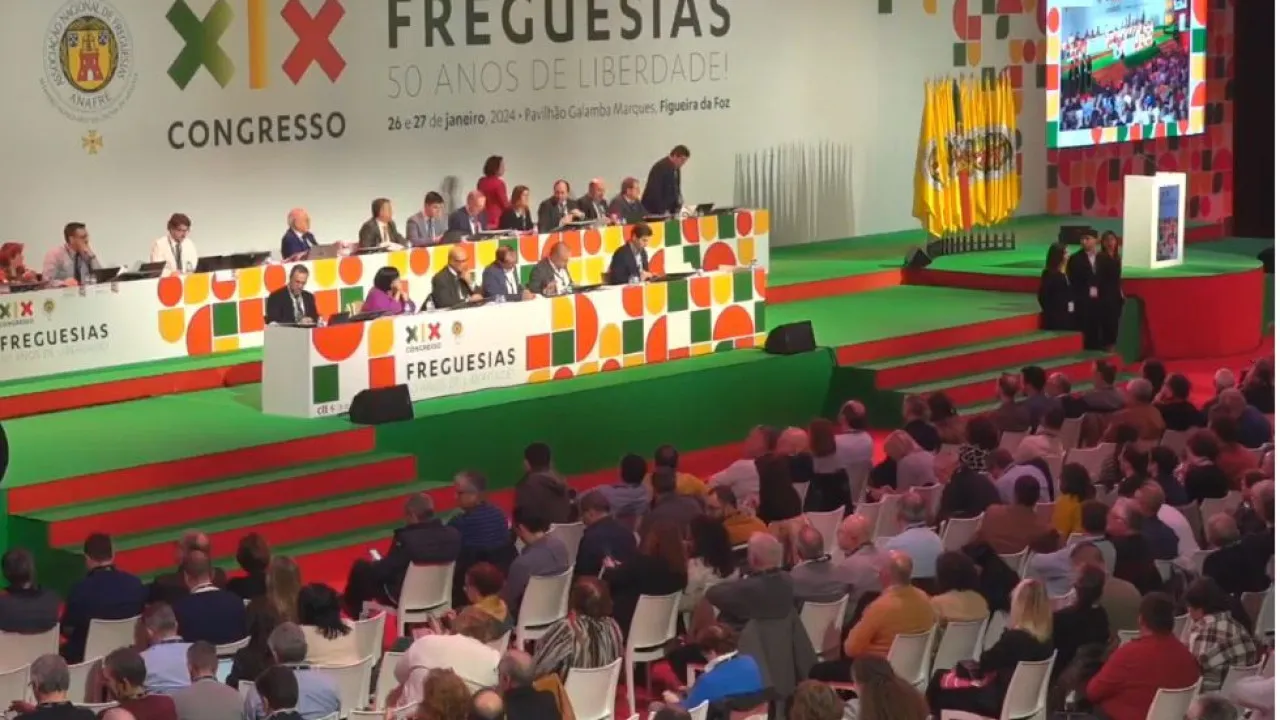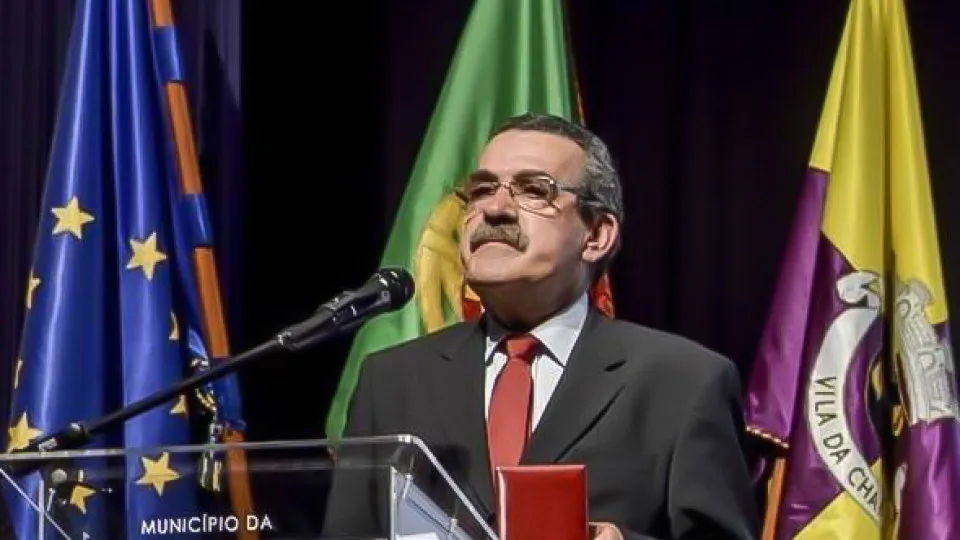
“I want to convey this word to the deputies: tranquility,” began Jorge Amador, adding that Anafre did “their homework” and, from the beginning of the process, “created a guide” with the fundamental aim of “helping to develop this process” with “that same tranquility.”
The Anafre representative was speaking at the Assembly of the Republic, in the State Reform and Local Power Commission, within the scope of the parish disaggregation process, at a hearing requested by the Chega party.
“Therefore, what we can say at this moment is that the process, from the point of view of the parishes involved, is clearly normal and does not currently give us any headaches,” he emphasized.
The also president of the Parish Council of Serra d’El Rei (Peniche), elected by the CDU, stated that the association received “25 opinions on this disaggregation situation” and also “around 24 phone calls regarding this process.”
Amador highlighted that the parish assemblies completed their meetings on June 30, so at this moment “things are still a little warm,” and by the deadline, the objectives regarding parish disaggregation “were widely achieved,” and this “is a normal path,” even if “it always has difficulties,” namely due to “interpretation issues.”
“What has been raised as doubts, Anafre has helped to correct, inform, and, above all, point the way, and generally, we can say that things are very well on track and that everything, on our part, leads us to believe that we will have this election situation with these parishes proceeding normally,” he pointed out.
Deputy Bruno Nunes, from Chega, considered that there is “some haste” in the “publication in the Diário da República of data regarding parish disaggregations,” as if “they were disaggregated without the installation commissions having been consulted” or “effectively doing their work,” which “further stirs confusion.”
Socialist Jorge Botelho stressed that, based on Anafre’s understanding, there is no “major civic unrest because the work is being done” and that the PS defends “the will of the parishes” that wanted to disaggregate and wants “this process to go well,” with any difficulties being resolved.
Deputy Miguel Rangel, from Iniciativa Liberal (IL), recalled that the previous aggregation reform during the Troika era represented a “financial advantage” and aimed to “equip parishes with greater capacity to perform their duties,” rejecting the “reversal of this logic, now done hastily, disorganized and without due technical, financial, and institutional consideration.”
Social Democrat Dulcineia Catarina Moura questioned IL whether it effectively evaluated the costs of disaggregation and if, when it says it respects taxpayer money, it “does not respect the will of the people who are also taxpayers” and advocate for the disaggregation of their parish.
In the next local elections, taking place on October 12, the disaggregation of 135 unions will commence to restore 302 of the parishes merged by the 2012 administrative reform, according to a law approved by the parliament on January 17 and reconfirmed by the Assembly of the Republic on March 6.
After the election of the respective bodies, already with the new designation, these municipalities will be formally reinstated.
Once completed and approved by the extinction commission, the inventories had to be ratified by the parish assemblies by June 30, and by July 1, the 302 installation commissions, a temporary body that will ensure the installation and operation of the reinstated municipalities after the local elections, took office.




